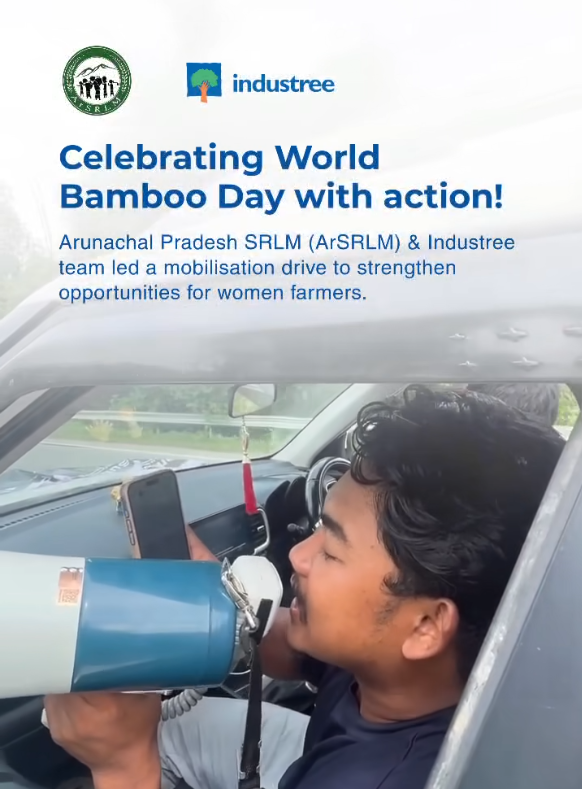AI for All: Building an Ethical and Inclusive Future
- Thushara C
- Aug 26, 2025
- 2 min read
Updated: Sep 16, 2025
Speaking on the topic “Adapting to AI and Emerging Technologies: Shaping the Workforce for Tomorrow” at 17th National Skill Conference in Bengaluru, Jolly Varghese, Gender and Capacity Lead at Industree Foundation, emphasized the importance of ethics, equity, and inclusion in the discourse on AI.
In an era where Artificial Intelligence is steadily permeating industries and professional functions, humanity is witnessing a profound transformation. Traditional formal education alone no longer suffices for career growth or long-term relevance. The present age is defined by continuous upskilling, the agility to unlearn outdated practices, and the capacity to relearn with fresh perspectives—all critical to a diverse country like India.

This theme was underscored at the recently held 17th National Skill Conference in Bengaluru, a flagship initiative of the Functional Vocational Training and Research Society (FVTRS) centred on the theme "Transformative Skills-Inclusive & Sustainable Future" - the conference explored transformative skilling solutions to address skill gaps and enhance employment opportunities. Beyond technical adaptation, the call was for a holistic approach to future skills, encompassing self-management, people management, technological fluency, and effective troubleshooting. Together, these competencies form the cornerstone of preparing professionals not just to survive but to thrive in an AI-augmented future.
Speaking on the topic “Adapting to AI and Emerging Technologies: Shaping the Workforce for Tomorrow”, Jolly Varghese, Gender and Capacity Lead at Industree Foundation, emphasized the importance of ethics, equity, and inclusion in the discourse on AI. She underscored that AI must be inclusive to encompass a larger demographic, particularly those living in rural India. "Enhancing access to digital connectivity and digital literacy is essential to narrowing the digital divide, while deliberate outreach to women and rural communities is equally critical. Only by addressing these fundamentals can we begin to see AI as the next wave shaping diverse job roles. For a more inclusive and sustainable future, AI must remain both responsible and transparent.”

The panel discussion further examined the preparedness required for a workforce transitioning into AI-driven roles. Jolly highlighted the shared responsibility of government and industry in ensuring continuous learning, fostering social commitment, and equipping workers with the skills necessary to remain future-ready.
The session concluded with a strong message: while the future of work will undoubtedly be influenced by AI, we hold the power to shape it through our willingness to learn and adapt. Organizations, on their part, must foster enabling environments through inclusive leadership, structured opportunities for upskilling, and by encouraging employees to proactively embrace learning.




Comments